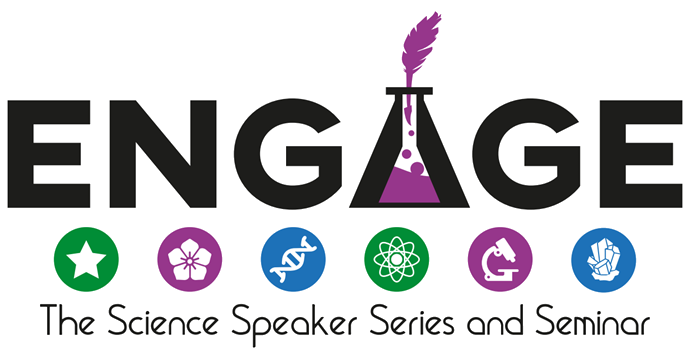For People and Fish
Marine life is in trouble.
From climate change, ocean acidification, pollution, and overexploitation, life in the ocean is taking heavy blows from all fronts. We humans are the only ones who can extend a helping hand. And we can do this by first improving our operations in the ocean.
Our operations in the ocean - from protecting and conserving marine life to fishing - have largely been siloed. This has resulted in fishing practices being pitted against efforts to conserve marine life. But recently, there has been a shift. More and more people have recognized the overlap between fishing and marine conservation; thus, a new approach to marine conservation has been born. Before diving into this new approach, let’s examine what our ocean operations have looked like thus far.
It’s no secret that marine life has offered food and livelihoods for many people for thousands of years. It wasn’t until post World War II when industrialized fishing dominated our oceans and over consumed many species. Bad news for marine life. When too many marine species are removed from the oceans, food webs become disconnected and the structure of entire ecosystems, like coral reefs, fail. We need these ecosystems to thrive to not only continue providing us with food, but also to support our economies, regulate our climate, and provide amazing tourist experiences. Lousy news for us. This is why there has been a strong push for marine conservation and why fishing gets a rotten rep.
Marine conservation initiatives are global. The conventional approach to marine conservation relies on separating fishing (and people) from marine life. Anywhere there are hotspots of marine life, people do not enter. This conventional approach has been used by many countries - from Argentina to Japan to the United States - to try and conserve 10% of ocean waters by 2020. 2020 came and went, and the majority of these countries failed to meet this goal. Not to be discouraged, they upped this goal to conserve 30% of ocean waters by 2030. Go big or go home, they said. However, it was clear that the conventional approach wasn’t enough. Now, countries are turning to this new approach that recognizes crucial links between marine conservation, fishing, and human well-being.
This new approach to marine conservation, with the fancy name of ‘OECM’*, allows certain fishing practices to contribute to the 30% target. The fishing practices that count factor in how marine species fit into food webs and the broader ecosystems instead of focusing on just the fish themselves. These practices accept the ever pressing need to safeguard both marine life and fishing livelihoods and strive to find a balance between the two. OECMs are ultimately a policy tool that will provide recognition to the fishermen that use such practices and promote them as the gold standard for fishermen in the oceans.
This sounds like a win-win given that both marine life and people can come out on top. However, the tricky thing about these OECMs is that they were developed to be applicable to every country, meaning that they are not specific to any country. As a result, the criteria for an area to be designated as an OECM is challenging to interpret. Although not its real meaning, OECMs might as well stand for ‘other extremely complicated method’*. So, this is where my team and I, in partnership with what I like to call “The United Nations of Fisheries”, come in. We help countries learn about OECMs, understand how to identify them, and provide guidance on how to interpret and apply OECM criteria. With more and more countries demonstrating interest in OECMs, our work is a hot commodity. Although we don’t yet know how OECMs will turn out in the long run, we do know that marine life needs our help now. If OECMs improve our ocean operations and push us towards better marine conservation, then we’re hooked.
*OECM in reality stands for ‘other effective area-based conservation measure’.
Lucy Bowser is a graduate student in the School of Marine and Environmental Affairs at the University of Washington. She works on a project that highlights how fishermen protect the diversity of marine life, a crucial component of healthy oceans and a healthy planet.


